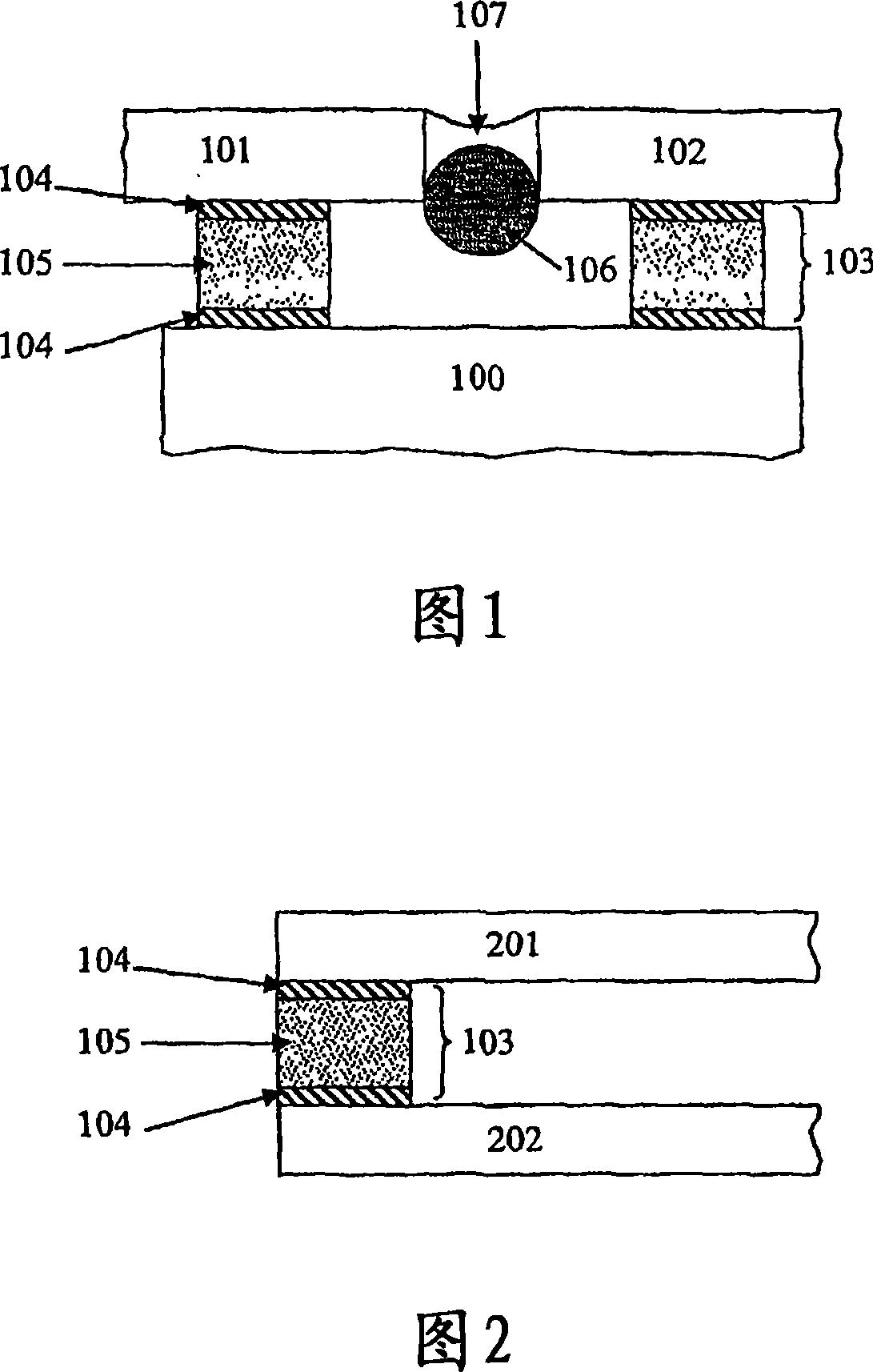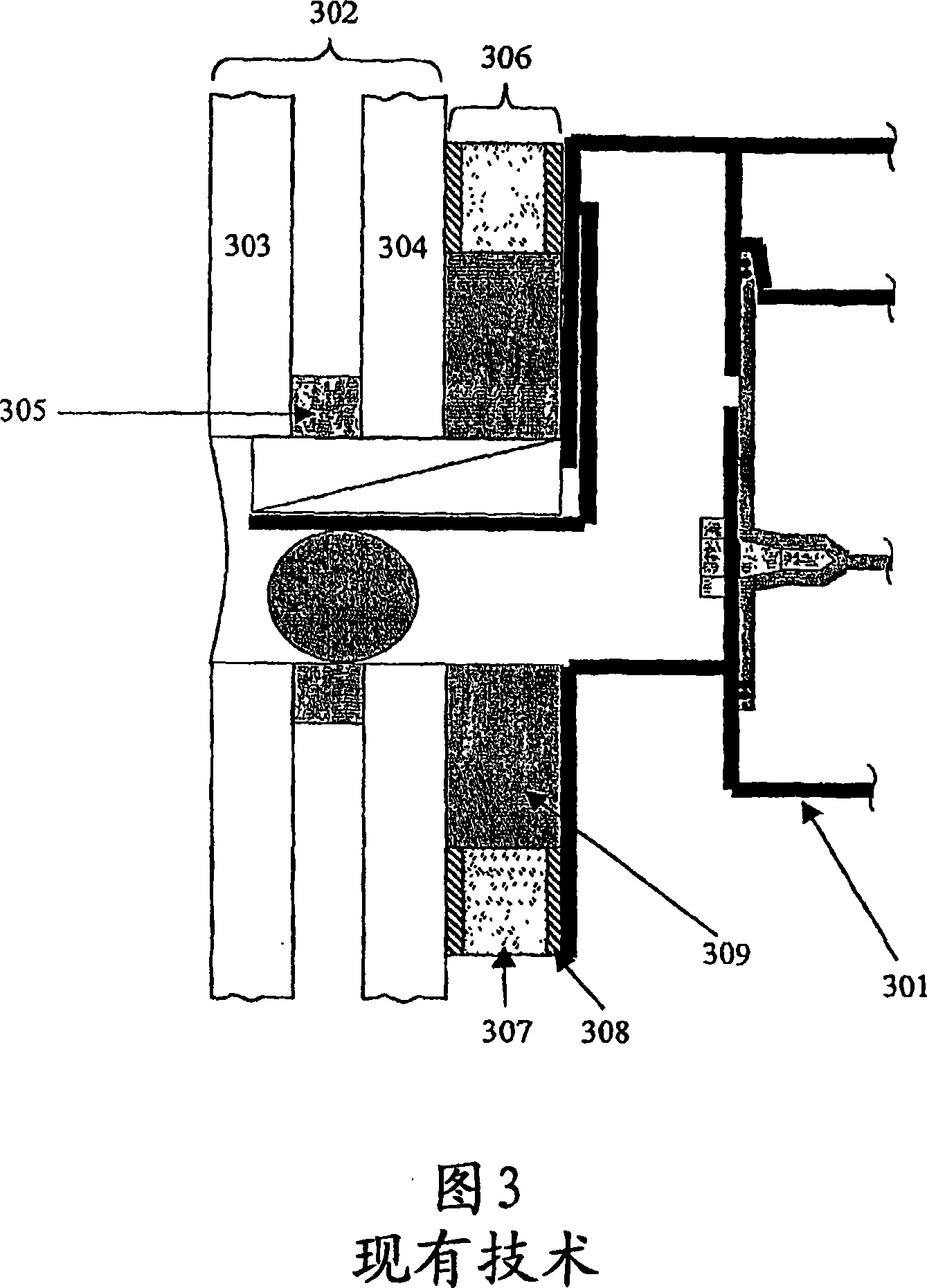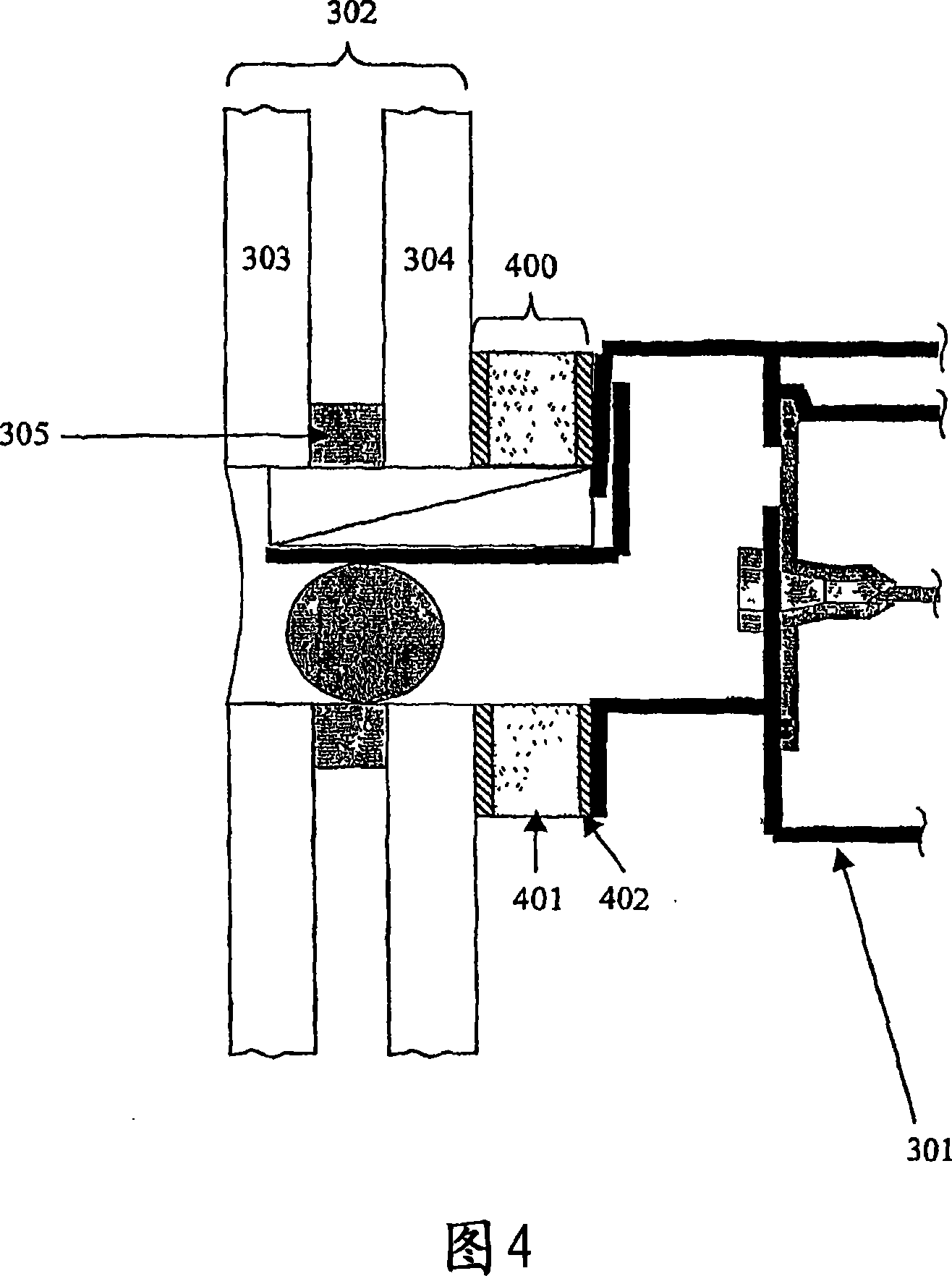Pressure sensitive adhesives and methods for their preparation
A pressure-sensitive adhesive and composition technology, applied in the direction of adhesive, film/sheet adhesive, pressure-sensitive film/sheet, etc., can solve the problem of long curing time of sealant
- Summary
- Abstract
- Description
- Claims
- Application Information
AI Technical Summary
Problems solved by technology
Method used
Image
Examples
reference example 1-180
Reference example 1-180 degree peel adhesion test
[0062] This test method is based on ASTM C 794 Standard Test Method for Adhesion-in-Peel of Elastomeric Joint Sealants on Primed Stainless Steel Mesh Substrates 1 / 2" in width. The substrate is prepared by cleaning with isopropanol. PSAC Apply to a closed cell silicone foam extrudate and secure to a substrate using specified pressure and dwell time, and laminate the substrate to the extrudate.The resulting peel bonded sample is then placed in a mechanical testing machine. Clamp the peel-bonded sample in place with pliers and pull at an angle of 180° at 2 inches / minute. Pull the sample for a total of 1 inch. Record the force per inch of width (pounds per line inch, pli ) and cohesive failure %.
Reference Example 2 - Tab Bonding
[0063] Prepare the substrate by cleaning with isopropanol. The PSAC is applied to the foam carrier and fixed to the substrate using the specified pressure and dwell time. Pull the sample by hand at...
Embodiment 1
[0077] PSAC samples were prepared by mixing the components at the percentages shown in Table 1. Also shown in Table 1 are the (B) / (A) ratio and the resin / polymer ratio. Each PSAC sample was applied to both sides of a carrier measuring 1 / 4" x 11 / 16" x 2", the solvent was removed, and the resulting tape was sandwiched between glass plates at 2 psi for 45 minutes. Tab adhesion was evaluated after 4 hours and after 7 days with reference to the method of Example 2. The results are shown in Table 1.
Table 1
components
[0078] Comparative Sample 2 shows that when the treated resin is omitted from the PSAC, the resulting PSAP may have insufficient adhesion for structural applications. Comparative Sample 4 further shows that when the resin / polymer ratio in the PSAC is too low, the resulting PSAP may have insufficient adhesion for structural applications. Samples 1 and 3 show that when the (B) / (A) ratio and the resin / polymer ratio are properly chosen, the resulting PSAP ...
Embodiment 2
[0079] PSAC samples were prepared by mixing the components at the percentages shown in Table 2. Also shown in Table 2 are the (B) / (A) ratio and the resin / polymer ratio. Each PSAC sample was applied to both sides of a carrier measuring 1 / 4" x 11 / 16" x 2", the solvent was removed, and the resulting tape was sandwiched between glass plates. Each PSAC was again applied to the sides of the carrier. on both sides, and the resulting tape was sandwiched between a glass plate and the surface of DURANAR(R). DURANAR(R) is a fluororesin-based paint commercially available from PPG Industries, Inc., of Pittsburgh, Pennsylvania, U.S.A. By Reference Example 3 The method, after 7 days, evaluates tensile adhesion.The results are shown in Table 2.
Table 2
components
[0080] Example 2 shows that relatively high resin / polymer ratios can be advantageously used for some PSAC formulations when relatively high levels of treated MQ resin are used in combination with low levels of fusing ...
PUM
| Property | Measurement | Unit |
|---|---|---|
| thickness | aaaaa | aaaaa |
| thickness | aaaaa | aaaaa |
Abstract
Description
Claims
Application Information
 Login to View More
Login to View More - R&D
- Intellectual Property
- Life Sciences
- Materials
- Tech Scout
- Unparalleled Data Quality
- Higher Quality Content
- 60% Fewer Hallucinations
Browse by: Latest US Patents, China's latest patents, Technical Efficacy Thesaurus, Application Domain, Technology Topic, Popular Technical Reports.
© 2025 PatSnap. All rights reserved.Legal|Privacy policy|Modern Slavery Act Transparency Statement|Sitemap|About US| Contact US: help@patsnap.com



